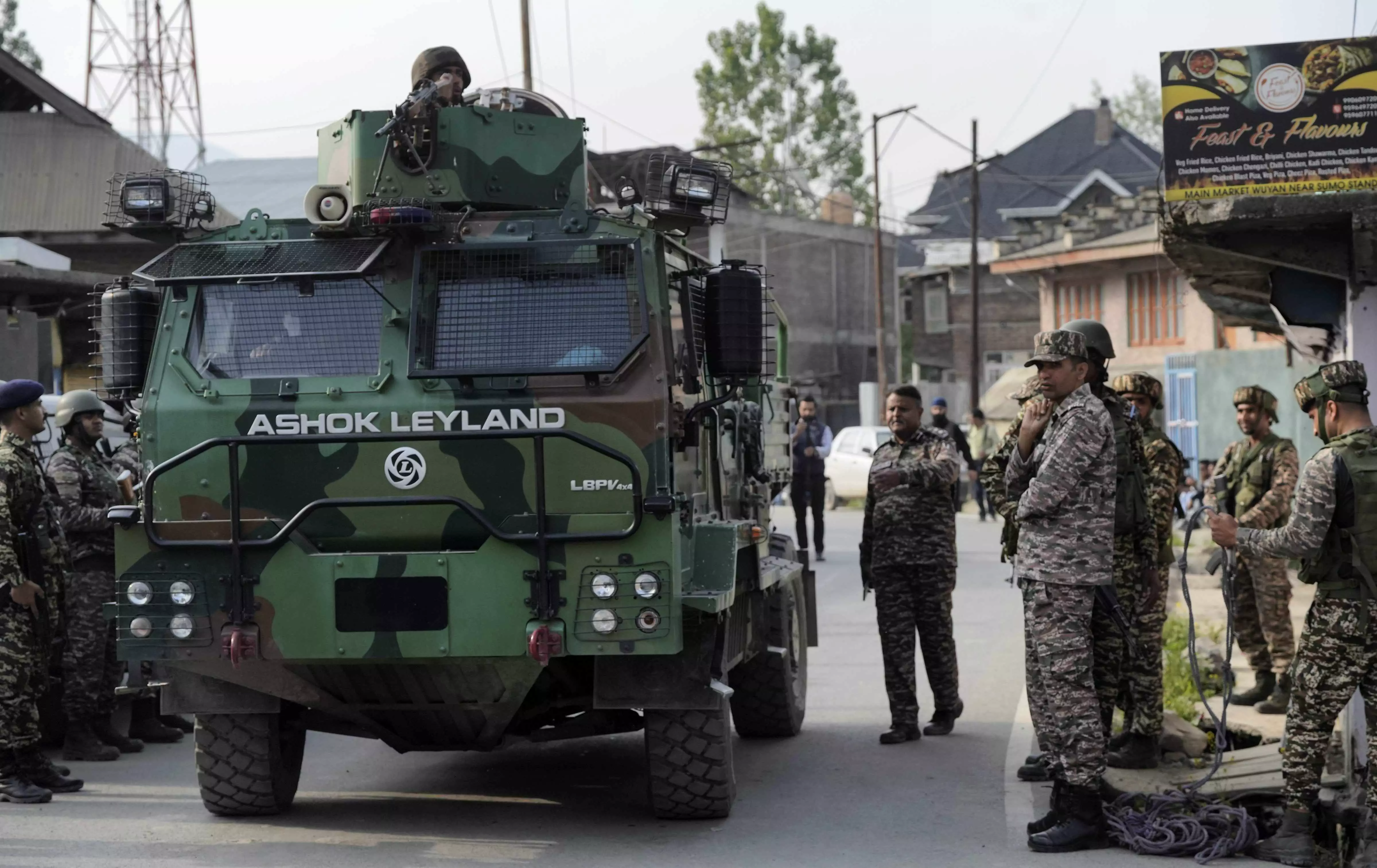Strategic Blindspot
General Asim Munir’s failure to judge the might and resolve of new India mirrors the strategic miscalculations made by his predecessors, and has expectedly backfired

The recent Indian punitive strikes against the terrorist sanctuaries in Pakistan, following the Pahalgam attack, has once again underscored a recurring pattern of strategic misjudgment within the Pakistani military establishment. General Asim Munir, Pakistan’s current Chief of Army Staff, appears to have repeated the errors of his predecessors by underestimating India’s post-2019 doctrinal shift and overplaying limited options in a high-stakes strategic environment.
Despite not being a graduate of the elite Pakistan Military Academy but rather an Officer Training School (OTS) entrant, General Munir had ample historical precedent to learn from. Yet, his operational choices have echoed the flawed adventurism of Generals Ayub Khan, Yahya Khan, and Pervez Musharraf—all of whom presided over disastrous military campaigns that profoundly weakened Pakistan’s strategic position.
Ayub Khan’s 1965 “Operation Gibraltar” was based on the erroneous assumption that a popular uprising would be triggered in Jammu and Kashmir; instead, it nearly led to the fall of Lahore. In 1971, Yahya Khan’s inflexible policies led to the secession of East Pakistan and the capitulation of over 90,000 Pakistani troops. Musharraf’s Kargil intrusion in 1999, launched without informing the civilian leadership, not only backfired militarily but destabilised domestic governance, paving the way for a prolonged period of military rule.
Veteran journalist Nasim Zehra, in her seminal work ‘From Kargil to the Coup: Events that shook Pakistan’, enumerates a triad of miscalculations that have repeatedly guided Pakistan’s military strategies: underestimating India’s likely response, overestimating international indifference or support, and assuming that escalation would force global powers to pressure India into negotiations over Kashmir.
Renowned Pakistani journalist, late Khaled Ahmed, in his review, wrote: “Zehra’s book sheds light on a topic in Pakistan’s history that has remained taboo for far too long. It is commonly said that one must learn from their mistakes or risk repeating them. Pakistan, with several military losses to its name, cannot continue to bury the past or obfuscate reality to match its internal narrative. We must take stock of our mistakes, our follies, and not only learn from them, but pledge to never repeat them.”
This latest episode appears to be yet another manifestation of that flawed calculus. In the aftermath of the Pahalgam attack, the Indian response has been swift, consistent with the strategic doctrine shaped post-Balakot in 2019. The Indian Air Force’s strikes, which reportedly extended beyond traditional Line of Control targets and into Punjab province, have been characterised by regional analysts, including Michael Kugelman, as the most extensive since the 1971 Indo-Pak war.
The Balakot strikes and the diplomatically deft handling of Wing Commander Abhinandan Varthaman’s capture and return had signaled a new Indian threshold for retaliatory action—anchored in proportionality, deterrence, and strategic signaling. General Munir’s failure to internalise this shift has triggered precisely the sort of calibrated kinetic response India had institutionalised.
Prominent Pakistani defense scholar Ayesha Siddiqa says that the military’s self-image as the ideological guardian of Pakistan is under renewed scrutiny. With the civilian government viewed as the weakest in Pakistan’s history and the economy in severe distress, the army’s political maneuvering—particularly the sidelining of former Prime Minister Imran Khan—has only added to internal instability.
General Munir’s operational choices come at a time of severe institutional fragility. In this context, the Pahalgam provocation appears not only strategically unsound but politically reckless. With retaliatory strikes deepening inside Pakistani territory and international support markedly limited, Islamabad faces a difficult strategic impasse. The options for face-saving are narrowing, and the military’s dominant role in shaping both national security and domestic governance is under unprecedented pressure.
The writer has worked in senior editorial positions for many renowned international publications. Views expressed are personal. Views expressed are personal



